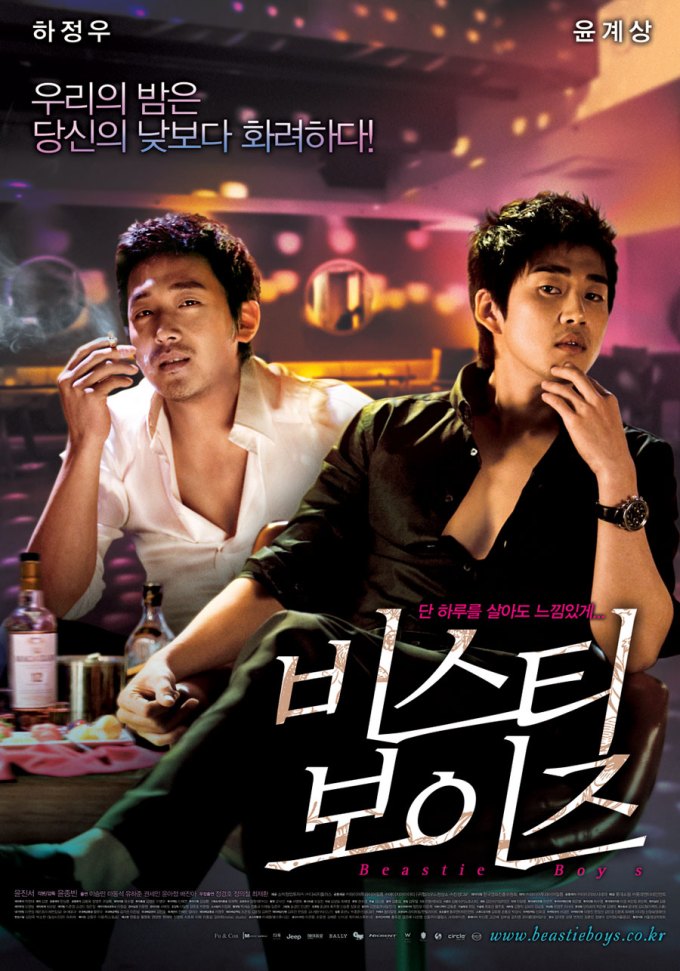Turning Boys Into Men? The Performance of Gender for South Korean Conscripts, Part 8
 Estimated reading time: 4 minutes. Photo (cropped) by Jim Flores on Unsplash.
Estimated reading time: 4 minutes. Photo (cropped) by Jim Flores on Unsplash.
Am I just projecting when I say Koreans too? Or that it’s mostly Korean and Japanese women, and especially young women, that suffer from this “involuntary consent”?
In a moment, I’ll share a passage about that from a recently published, thought-provoking book that you should totally buy, because it brought home to me just how gendered this stereotype was.
But first, I want to acknowledge that, of course, everyone has had the experience of being asked by bosses, relatives, and/or professors for unseen, undervalued, and usually unpaid labor, which social pressure prevented them from refusing.
There’s nothing specifically Korean or Japanese about this. Nor is expecting it of women the exclusive purview of Korean or Japanese men.
 Photo by Valentin Fernandez on Unsplash.
Photo by Valentin Fernandez on Unsplash.
But it’s also true that in this part of the world, that pressure is compounded by deeply hierarchical social relationships, gapjil, and long working hours combined with an expectation of unpaid overtime. And, with “superiors” generally doing the “asking,” Korean women’s relative lack of economic and political power means they do indeed get asked
Korean academia, for instance, remains notorious for all the verbal abuse, sexual harassment, and demands for personal errands professors inflict on their grad students. I want to convey my curious mix of relief and rage too, over learning that it’s not just me that notices it’s mostly female students that have to run those errands. And, as discussed in Part 2 of this series, I’ve already noticed the welcoming of prospective students that my female students are expected to do in the freezing cold every winter.
 Which is why the following passage from Involuntary Consent: The Illusion of Choice in Japan’s Adult Video Industry (2023) by Akiko Takeyama, a professor of women, gender & sexuality studies at the University of Kansas, resonated so strongly. So strongly in fact, I didn’t even notice she also says “especially women” until I posted it here:
Which is why the following passage from Involuntary Consent: The Illusion of Choice in Japan’s Adult Video Industry (2023) by Akiko Takeyama, a professor of women, gender & sexuality studies at the University of Kansas, resonated so strongly. So strongly in fact, I didn’t even notice she also says “especially women” until I posted it here:
In Japanese society, where people are conventionally inclined to avoid conflict and prioritize social relationships over their own self-interest, the attitude that can lead to unforced but involuntary consent is ubiquitous. Japanese American anthropologist Dorinne Kondo has captured how Japanese people, especially women—herself included, as she became enmeshed in Japanese society as a “daughter” of her host family over the course of a two-year homestay in the 1980s—avoid saying no in their day-to-day lives. Similarly to the young Japanese women who become involved in AV, Kondo was not overtly coerced but nevertheless pressured to involuntarily agree to do things for others such as teaching English, fulfilling her duty as a filial “daughter,” and taking on the role of a ‘proper’ Japanese citizen. Her frustration grew as she felt herself becoming “trapped by social convention.” Kondo then realized that there was a profoundly different way of thinking about the self in Japan: individuality was valued only insofar as social relationships were not compromised. Under such circumstances, she “had no choice but to comply.” Kondo’s ethnographic moment vividly recaptures why [former AV actress Kozai Saki] could not say no or walk away when she faced her won dilemma. Her resistance would have deeply upset relational others at the filming site. Each time she convinced herself that everything would be fine if she would only yield to their demands.
(page 51; italics in originals)
But really, it released a cascade of thoughts. Next was that the biggest problem for vegetarians and vegans in Korea is not so much finding ingredients or suitable restaurants, but all the pressure bosses, coworkers, and family members will inflict on them to eat meat for the sake of avoiding causing awkwardness and inconvenience for everyone. And then, all the parallels with how to determine consent in the K-pop industry.
But if you’re still reading, I’m guessing it resonated with you too, right? If so, please do take a moment to let me know what it reminded you of, either in the comments or on social media. But I’ll be glad to have just gotten you thinking. And thanks for reading!
p.s. (My bad that the titular quote actually comes from a must-read interview of the author!).
The Turning Boys Into Men? Girl-groups and the Performance of Gender for South Korean Conscripts Series:
- Part 7: The Korean Conscription System Promotes a Servile, Subordinate, Sexually-Objectifying View of Women. Here’s How.
- Part 6: How does military conscription affect Korean gender relations and attitudes to women?
- Part 5: South Korea’s Invisible Military Girlfriends
- Part 4: 17-Year-Old Tzuyu: “A Special Gift for Korean Men”
- Part 3: Korean Lolita Nationalism: It’s a thing, and this is how it works
- Part 2: Male Privilege at Korean Universities
- Part 1: Introduction
If you reside in South Korea, you can donate via wire transfer: Turnbull James Edward (Kookmin Bank/국민은행, 563401-01-214324)







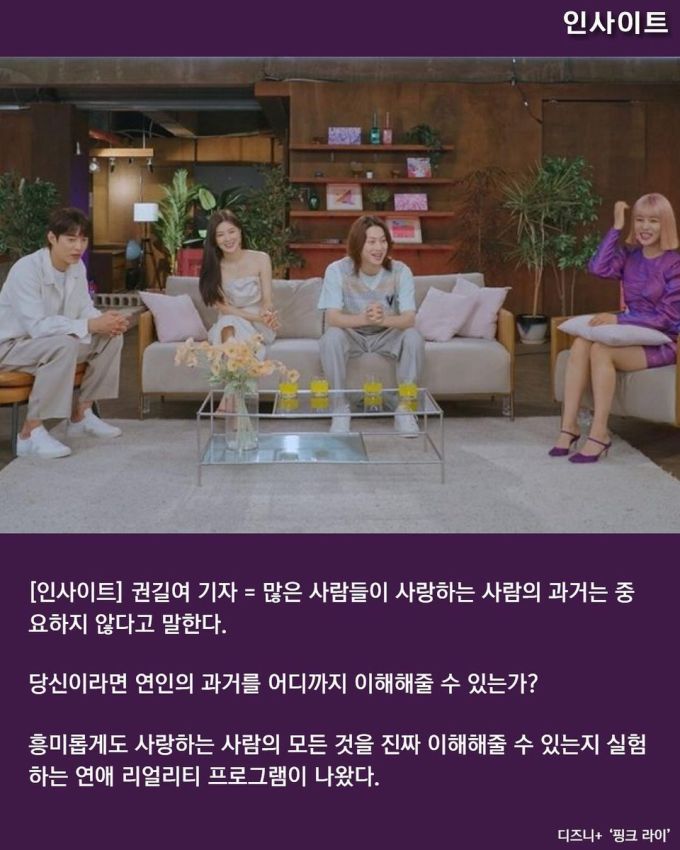



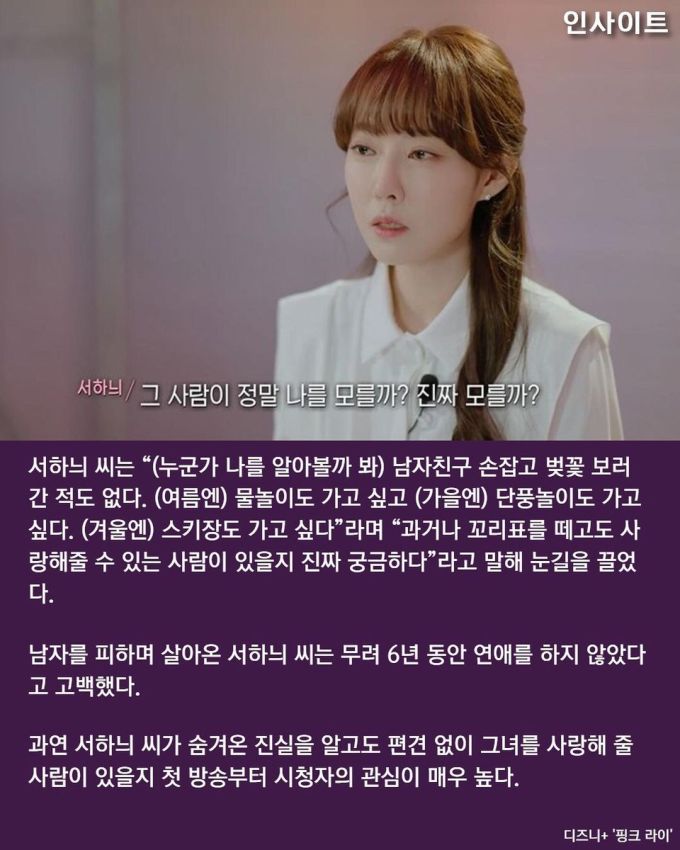
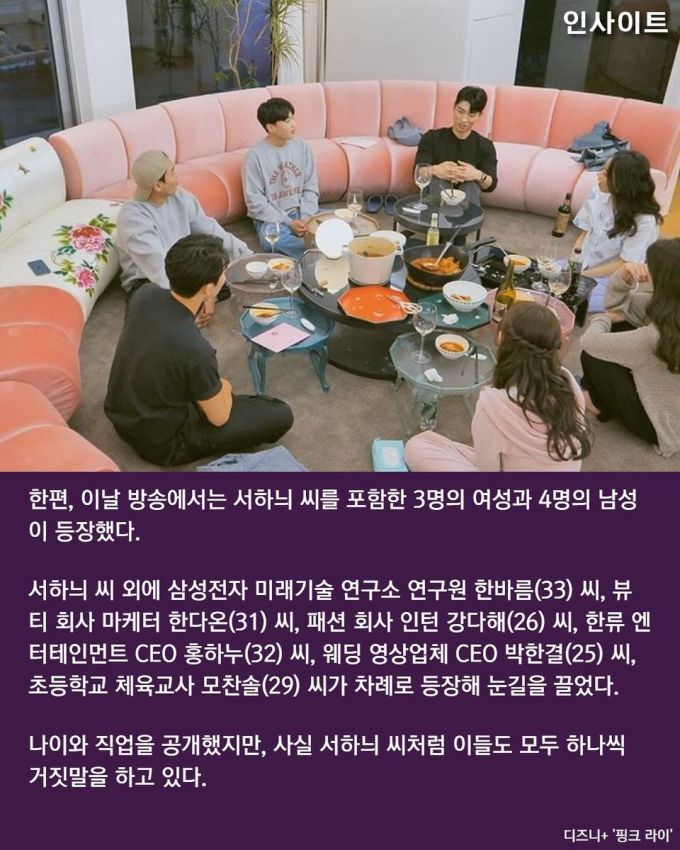
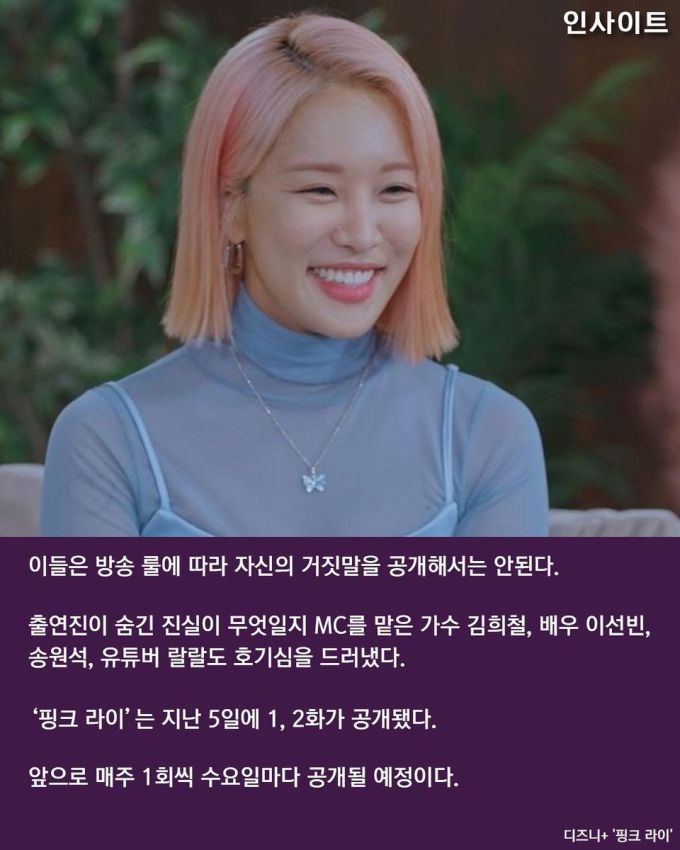






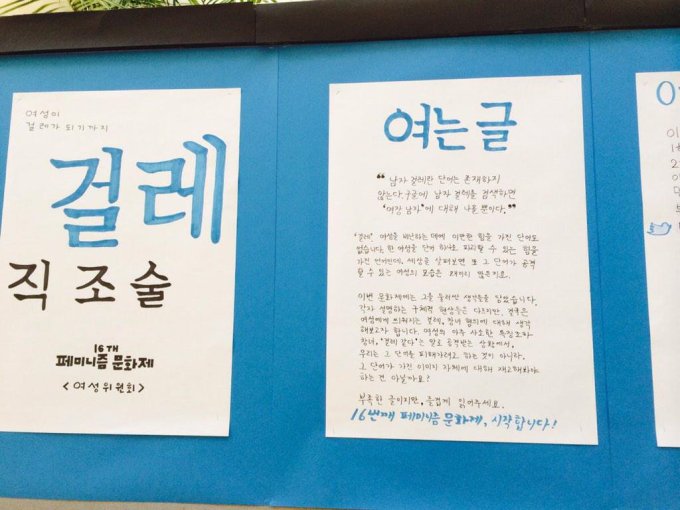







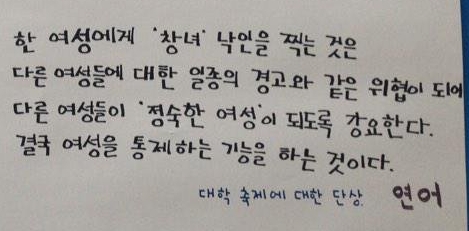








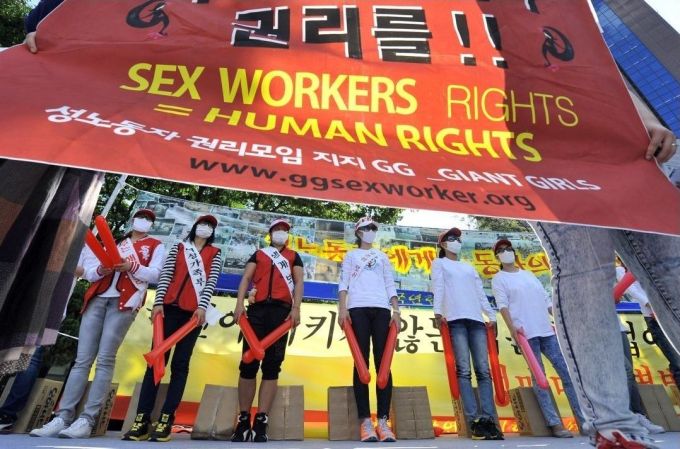
![[Image 2] Istvan Gabor Takacs HCLU](https://thegrandnarrative.files.wordpress.com/2012/04/image-2-istvan-gabor-takacs-hclu.jpg?w=680&h=251)

![[Image 4] RPK Social Media Banner](https://thegrandnarrative.files.wordpress.com/2012/04/image-4-rpk-social-media-banner.jpg?w=680&h=251)







